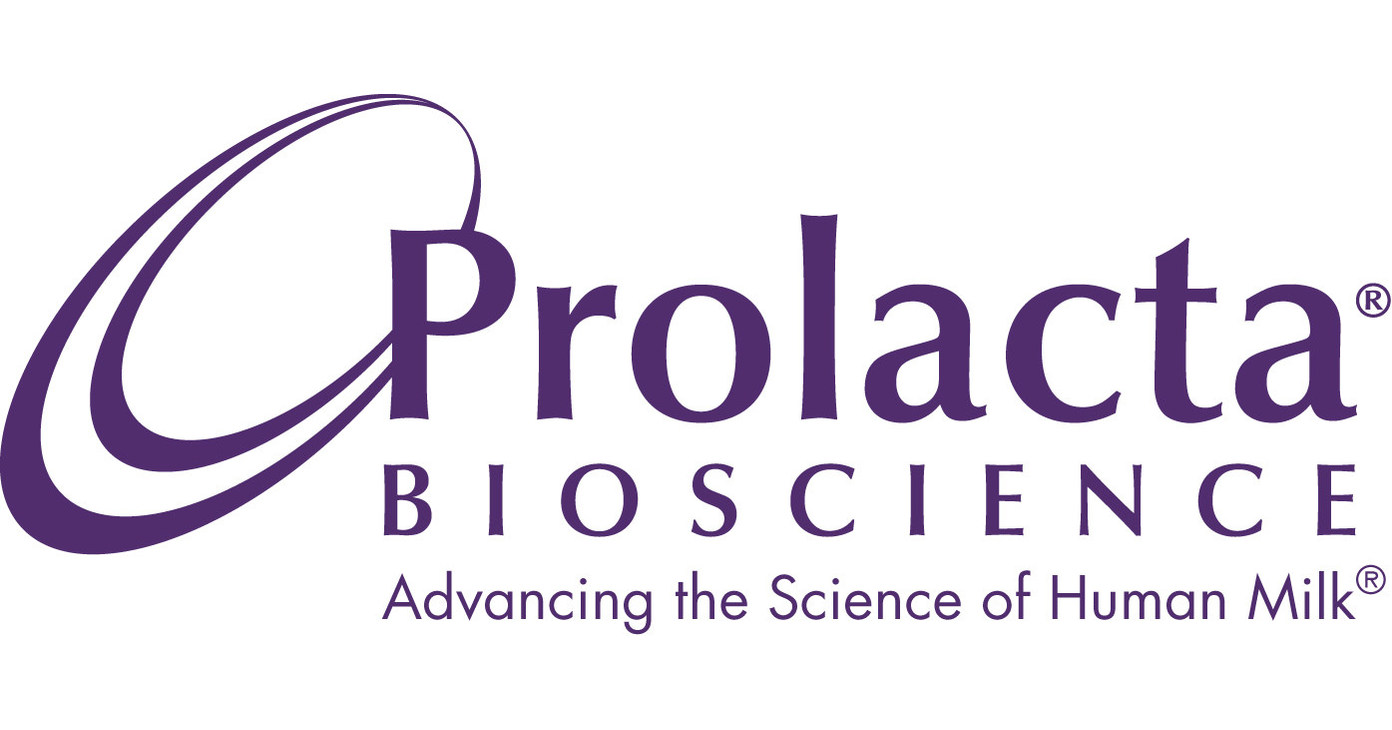Two-thirds of women aged 36-40 experience moderate to severe symptoms, yet wait decades before seeking treatment
, /PRNewswire/ -- Flo, the #1 women's health app used by 75 million worldwide, is tackling a critical gap in perimenopause research, an area drastically underfunded and understudied, leaving millions of women without adequate information or support. The Flo study, unveiled today in npj Women's Health and co-authored by Dr. Jennifer Payne, Professor of Psychiatry and Neurobehavioral Sciences at the University of Virginia, provides new insights into the current understanding of perimenopause by revealing symptom patterns across 4,400 U.S. women aged 30 and older.
Perimenopause is the time leading up to and around the menopause and is associated with a wide variety of physical and psychological symptoms. Many women feel unprepared for this phase as well as menopause itself and feel that they are not adequately supported by healthcare systems during this time. Research shows that over 90% of women have never received education about menopause in school, and more than 60% feel uninformed about what to expect.1 This gap extends to medical training, with only 20% of OB/GYN residents reporting that their programs include a formal menopause curriculum, and 83% of program directors identifying a need for additional menopause educational resources.2 Flo's study is a crucial step toward bridging this alarming divide, offering fresh insights into perimenopause and paving the way for improved awareness, care, and support for women navigating this transition.
"Brain before body": Psychological Symptoms Kick Off Long Before Physical Symptoms
- According to the Flo study, psychological symptoms, such as anxiety, depressive mood, and irritability, were highest in women aged 41-45, and lowest in those 56 and over.
- Vaginal dryness, sexual problems, and bladder problems peaked equally in women aged 51 to 55 and those 56 and over and were lowest in women 30 to 35.
- Vasomotor symptoms like hot flashes and excess sweating, as well as sleep problems, heart problems, and muscle and joint problems, peaked in women aged 51 to 55 and were lowest in women aged 30 to 35.
"These findings indicate that perimenopausal symptoms vary in different age groups. For example, mood symptoms are most prominent in early perimenopause (age 41 to 45), and vasomotor and other physical symptoms are more prominent in later perimenopause (age 51 to 55), which has not been demonstrated before," said study coauthor Dr. Jennifer Payne. "Knowing this type of progression of perimenopause-associated symptoms can help both women and their doctors know what to expect as women enter the perimenopausal portion of their lives," she continued.
Not Just Your Mom's Problem: Over Half of Women Aged 30 to 35 Meet Moderate or Severe Symptom Burden
- According to the study, a significant proportion of women in their 30s reported experiencing symptoms that aligned with moderate to severe that are common during perimenopause and menopause, as measured by the Menopause Rating Scale (MRS).
- Over half (55.4%) of women aged 30 to 35 self-reported symptoms that met the MRS criteria for moderate or severe symptom burden.
- 64.3% of women aged 36 to 40 self-reported symptoms that met the MRS criteria for moderate or severe symptom burden.
"We had a significant number of women who are typically thought to be too young for perimenopause tell us that they have high levels of perimenopause-related symptoms," said Liudmila Zhaunova, PhD, director of science at Flo. "It's important that we keep doing research to understand better what is happening with these women so that they can get the care they need."
Suffering in Silence: Most Women Wait Decades Before Seeking Treatment for Perimenopause
- Research has shown that many women don't anticipate that they will experience perimenopause symptoms until the age of 503.
- During the perimenopause years, up to 8 out of 10 women experience symptoms that are linked to their fluctuating hormones, but few go to see a doctor.
- According to the Flo study, 64.3% of women aged 36-40 meet moderate or severe perimenopause symptoms, however only 8% of this age group went to see a doctor about perimenopause and most women don't seek medical help until they hit 56 or older.
"Physical and emotional symptoms associated with perimenopause are understudied and often dismissed by physicians. This research is important in order to more fully understand how common these symptoms are, their impact on women and to raise awareness amongst physicians as well as the general public," said Dr. Jennifer Payne.
This study is unique in its focus on early perimenopause symptoms and their progression, addressing a significant gap in current research. According to a report from Harvard Medical School, less than 1% of published medical studies focus on menopause, contributing to gaps in scientific understanding 4, and further suggesting that perimenopause is likely even more neglected in research. The Flo study not only highlights the critical need for increased research and support for women experiencing perimenopause, but also serves as a call to action for healthcare providers, researchers, and policymakers to prioritize women's health across all stages of life, ensuring that no woman suffers in silence during this significant transition.
Methodology: The study used the Menopause Rating Scale (MRS) questionnaire to assess symptoms and symptom burden and severity. While these findings provide valuable insights, it is important to note that the study relied on self-reported symptoms and that not all reported experiences may be directly attributable to perimenopause. Further research and longitudinal studies will be necessary to fully understand the progression of perimenopause symptoms.
Flo Health
Flo Health is the leading app in the Health & Fitness category5; it is the #1 OB-GYN-recommended app6 for period and cycle tracking and is the first European femtech unicorn following an investment from General Atlantic in July 2024. The company supports 75 million monthly active users (MAUs).7 With over 120 medical experts8, Flo is committed to supporting women at every stage of their health journey, from menstruation to conception, pregnancy, and menopause. It provides curated cycle and ovulation tracking, tailored health insights, daily bite-sized visual content, and a private community for users to share their questions and concerns. As part of its mission to build a better future for female health, Flo's Pass it on Project aims to improve health literacy by providing up to 1 billion women in need with free access to Flo Premium and has donated 20M subscriptions to date. Flo prioritizes safety and focuses on being the most trusted digital source for women's health information. Flo Health's Anonymous Mode feature was recognized as one of TIME's Best Inventions 2023 and also named a finalist for Fast Company's 2023 World Changing Ideas Awards in the Rapid Response category as part of the company's commitment to privacy. For more information, please visit https://flo.health.
Media Contact:
Denae Thibault
[email protected]
774-275-1462
1 https://pmc.ncbi.nlm.nih.gov/articles/PMC9244939/
2 https://medicalxpress.com/news/2023-08-survey-menopause-residency.html#:~:text=Of%20the%20respondents%2C%2083.8%25%20agreed,residents%20to%20manage%20menopausal%20women
3 https://pmc.ncbi.nlm.nih.gov/articles/PMC8549458/
4 https://www.nature.com/articles/s43587-023-00509-8
5 Sensor Tower, December '24, iOS & Android, by downloads
6 Survey of 500 US OB-GYNs, DRG ('21)
7 As of December 31, 2024
8 As of December 31, 2024
SOURCE Flo Health UK Limited

WANT YOUR COMPANY'S NEWS FEATURED ON PRNEWSWIRE.COM?
![]()
440k+
Newsrooms &
Influencers
![]()
9k+
Digital Media
Outlets
![]()
270k+
Journalists
Opted In
.png)
 German (DE)
German (DE)  English (US)
English (US)  Spanish (ES)
Spanish (ES)  French (FR)
French (FR)  Hindi (IN)
Hindi (IN)  Italian (IT)
Italian (IT)  Russian (RU)
Russian (RU)  3 hours ago
2
3 hours ago
2









Comments